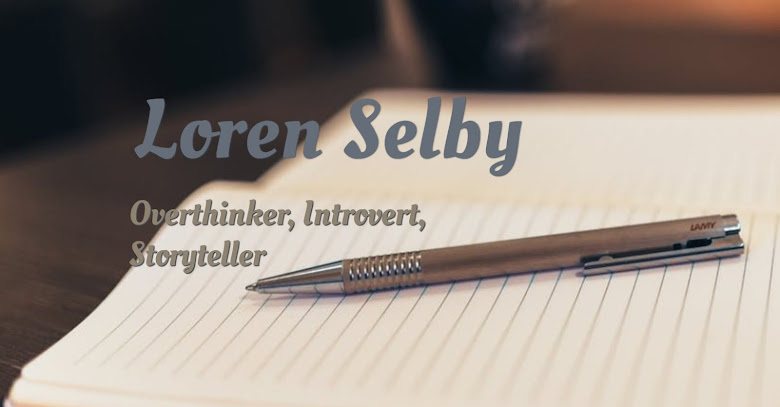As
a self-described cultural magpie, I shamelessly grab any interesting
ideas. My current project 'The Gingerbread Incident' has a European
dragon (four legs, wings, horns, breathes fire) eating gumbo along
side a centaur and retired fairy-godmother.
However,
the other half of my brain demands order. Good thing too. If I want
to avoid writing myself into a corner or creeping power thresholds
(think about Dragonball and DBZ), I have to sort my horde of ideas
and pick how to weave them into a whole.
Writing
fantasy is both simple and complex. As a writer you can do anything
but the audience may not buy it. Fantasy is an agreement for the
reader to suspend disbelief on 'x' 'y' or 'z' in exchange for
entertainment.
When
you world build a fantasy, ask yourself two questions. What is the
plot purpose of magic/science/etc? Is the system understandable to my
audience?
In
the old European folktales, heroes only get magic as gifts or
punishments from 'wise old people;' instant and dramatic karma.
Meanwhile the alchemy of Fullmetal Alchemist is both McGuffin
and a morality play added plus a lovely helping of visual whoa. The
users' power is only limited by their investments and wisdom. In Star
Wars, the Force is a mystic energy that amplifies and refines the
wielder's emotion; it takes the story's heroes and villains to galaxy
changing levels.
All
of these are nice systems, however Mundus includes...
...fairy-godmothers, werewolves, genies,
treenuts-stuffed-with-dresses, fey music, lucky numbers, umbrellas
that become sentient after a hundred years, colleges of mages, hermit
sages, fire-breathing dragons and repairmen wizards.
My
options were to drop ideas or tailor Mundus so everyone could fit.
I'm not going to just wave my hand and say 'it's make-believe' - I
hated stories like that as child. However, even my overthinking brain
baulked at developing an origin/creation back-story. (Mundus is a
whimsical world and Tolkien did it better.)
I've
always known how I wanted the magic to work, but it's been a
long while before I could put the idea in sensible(ish) words.
In
Mundus magic is like math. It's a tool, it's effects everything
people do and not always obviously. It goes from simple addition and
subtraction to complex theoretical equations. Anyone can learn it –
most people give up after the basics and some are just weirdly good
at it.
Now,
how math works makes a very poor story; thankfully, Mundus is about
people. The people of Mundus react to magic the same way a group of
college students react to statistics: “Better you than me,”
“Thank goodness, my career doesn't require that,” “I just have
to know enough to pass,” “It's worth the time it takes to
master,” and, of course, “Why is everyone fussing, can't you see
the patterns?”
Leon
(the co-protagonist) falls into the 'studied hard' category – most
wizards, witches, and human magic users do. Naiads who control
streams or a hunter who can smell curses use 'knack' magic – they
have with an unteachable instinct that they refine over time.
This
system isn't perfect, or particularly original. However, my organized
brain is happy enough to let the creative side go wild. Now if only
the characters' dialogue was half as cooperative -_-;
